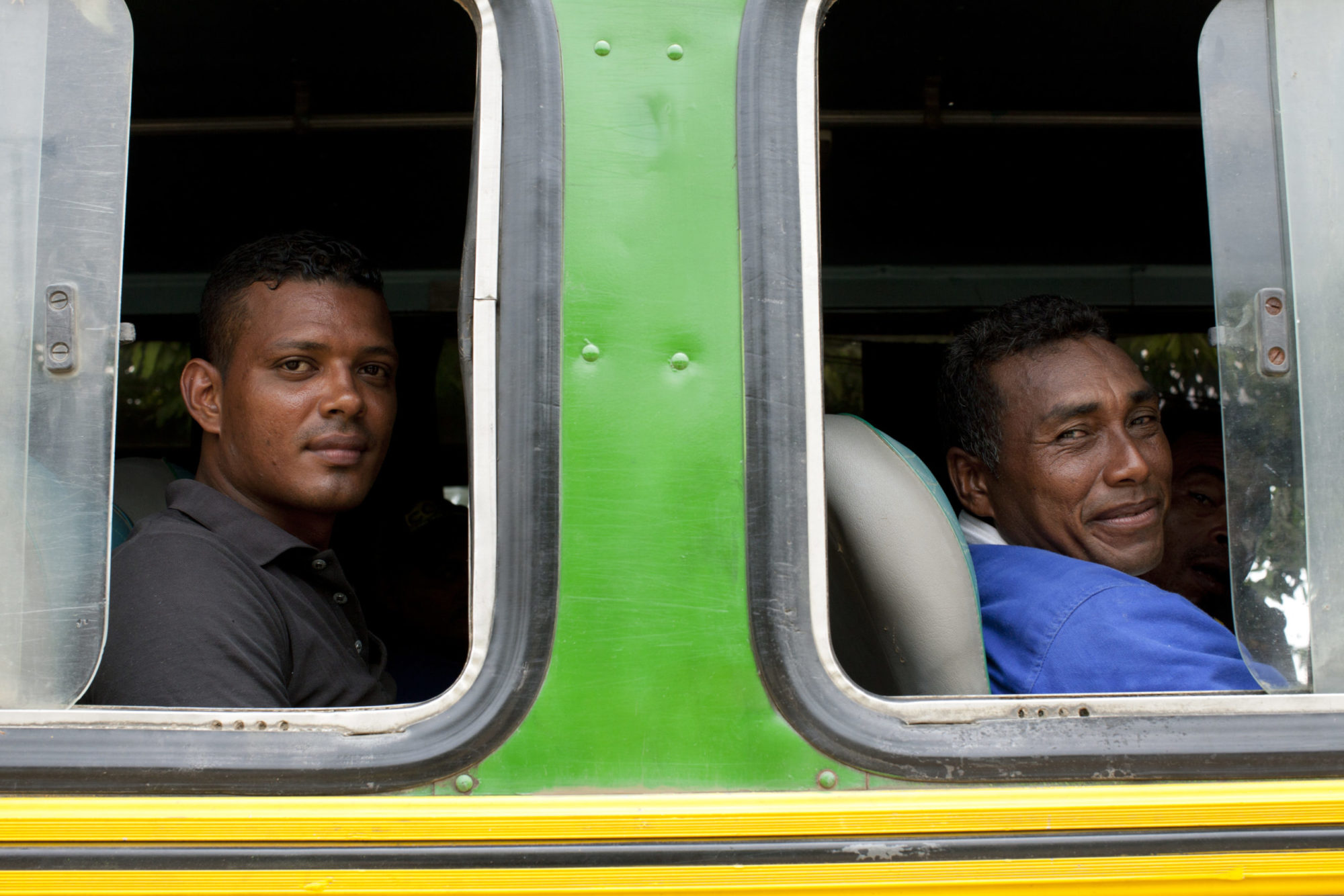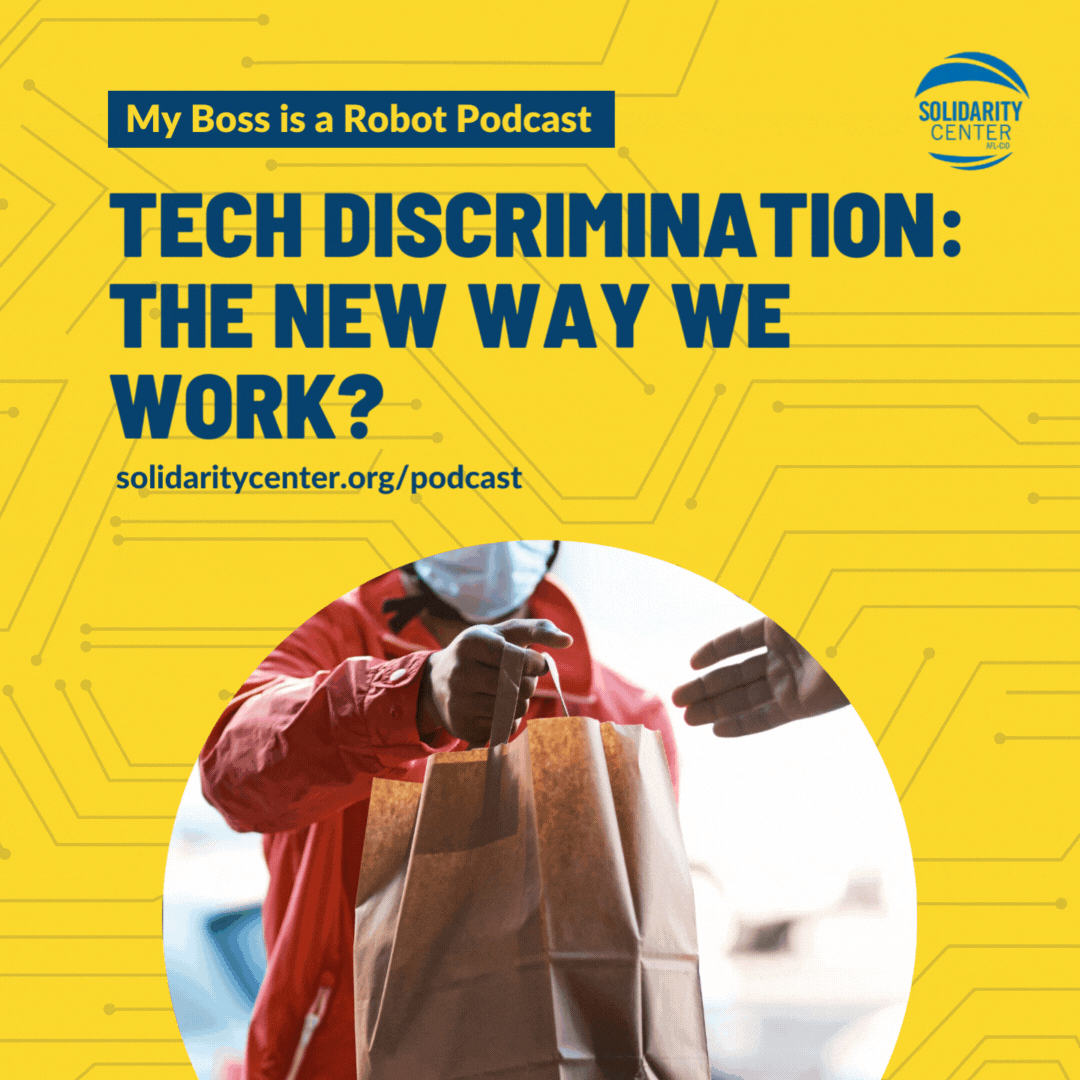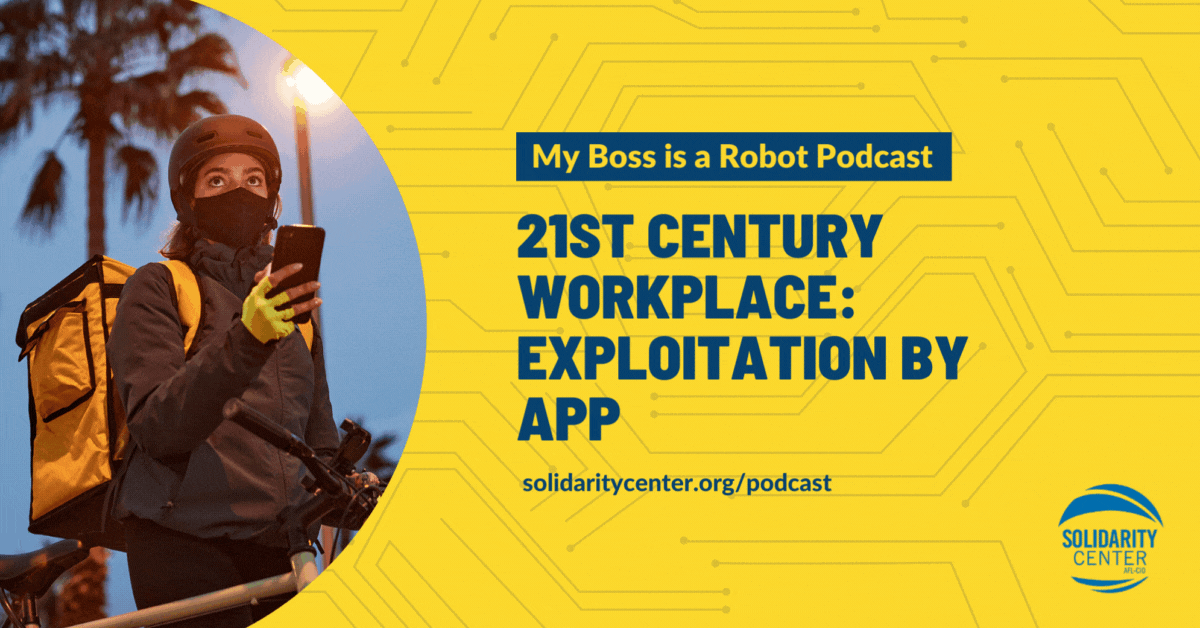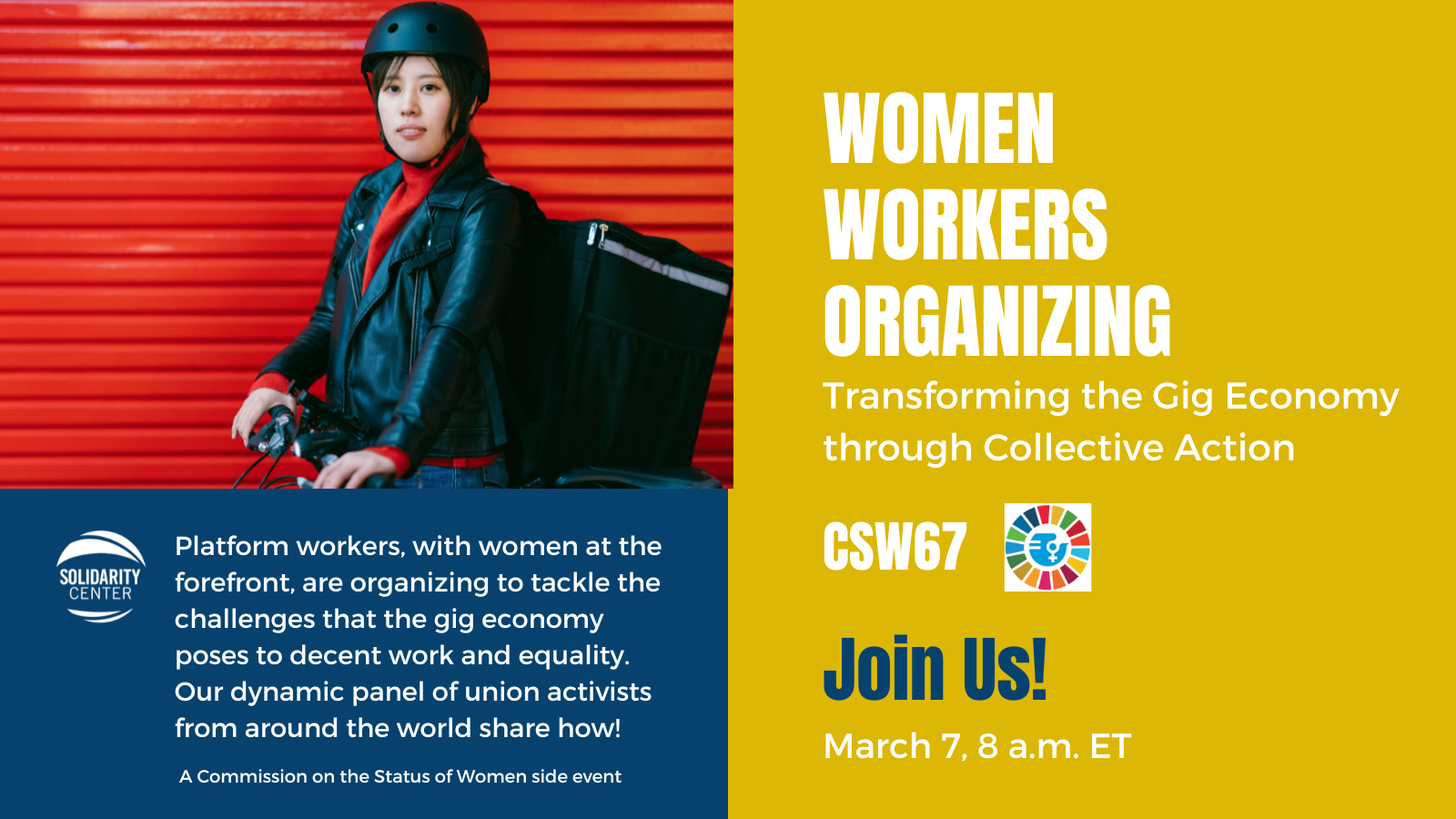Ride share drivers face many job-based hazards–and for women, the dangers are compounded by sexual harassment and other forms of violence. Women app-based workers also are disproportionately targeted by what law scholar Veena Dubal has termed "algorithmic...

In Colombia, the Solidarity Center works with unions to protect freedom of association, end labor subcontracting and promote inclusion of women and Afro-descendant workers, in a context of rampant labor rights violations, anti-union retaliation, and violence against union activists.
Colombia remains among the top 10 most dangerous countries for union members and leaders who are targets of harassment, death threats and assassinations. In 2011, the governments of Colombia and the United States signed the Labor Action Plan to address the violence.
The Labor Action Plan restricts employer subcontracting and outsourcing, and the Solidarity Center joins with workers and their unions to demand direct, formal hiring, and provides hands-on support through training and technical and legal assistance for workers in the five priority sectors outlined in the Labor Action Plan: ports, palm, flowers, oil and mining.
In the palm oil sector, for example, the Solidarity Center supports union outreach to workers, many of whom are fraudulently subcontracted, enabling employers to undermine their rights because they are not protected under Colombia’s labor laws. In March 2018, palm oil workers formed the General Union of Third-Party Agribusiness Workers (UGTTA), now representing 1,000 members.
The Solidarity Center has also been successful in increasing the union representation of oil workers who are subject to hazardous working conditions in rural areas that were former conflict zones. With Solidarity Center support, union partners in these and other sectors have been able to prepare and submit legal challenges to promote employer compliance with, and government enforcement of, laws that prohibit precarious forms of labor contracting.
Afro-Colombians, the vast majority who live in poverty, suffer from exploitative working environments, and the Solidarity Center works with port workers and other Afro-descendants to improve conditions on the job. In the city of Buenaventura, the Solidarity Center has played a part in increasing union protections for Afro-Colombian workers in the health care, public utilities and port sectors.
Meanwhile, with increasing migration from Venezuela to Colombia, the Solidarity Center has provided legal assistance and labor rights education for Venezuelan migrants to support their efforts to obtain economic self-sufficiency, food security and citizenship rights.
Exploitation by App–The New Way of Work?
If you work seven days a week, 12 hours a day and don’t make enough money to pay the bills, you can talk to your boss, right? Not if your boss is an app. "My Boss Is a Robot," a new series on The Solidarity Center Podcast, explores the challenges delivery drivers...
With Unions, Women App-Based Drivers Steer Toward a Fair Future
App-based drivers worldwide work long hours for often minimum wages while facing safety risks every day—and these issues are compounded for women platform workers, according to speakers at a Commission on the Status of Women (#CSW67) side event, Women Workers...



